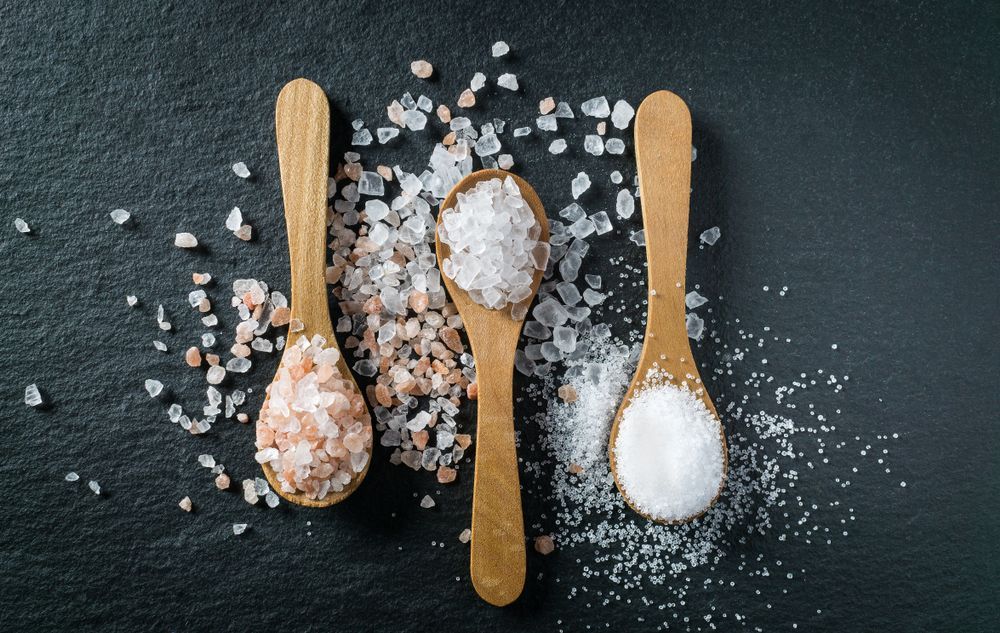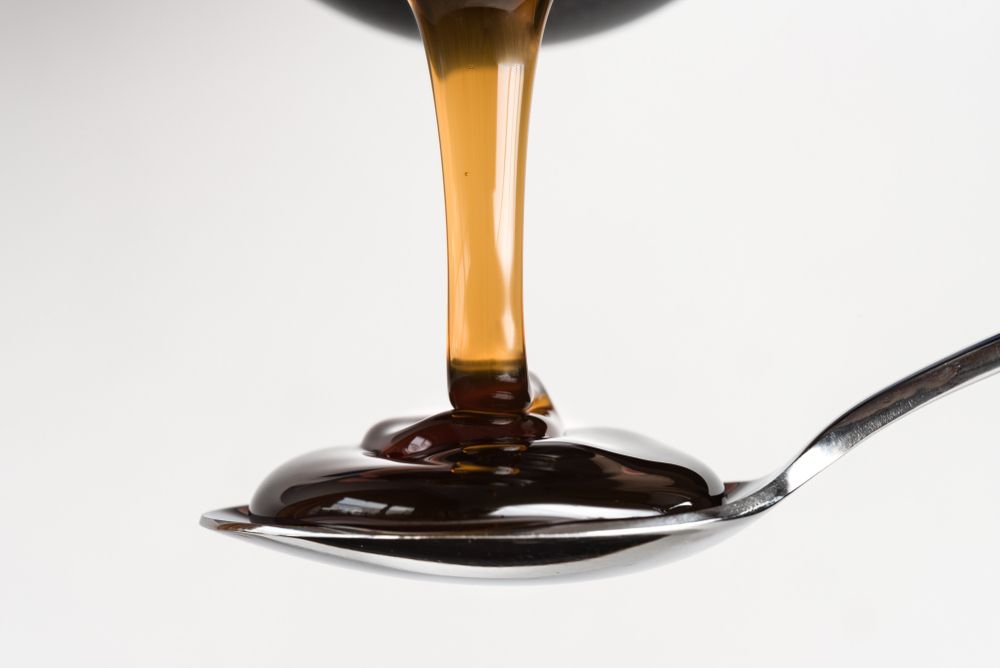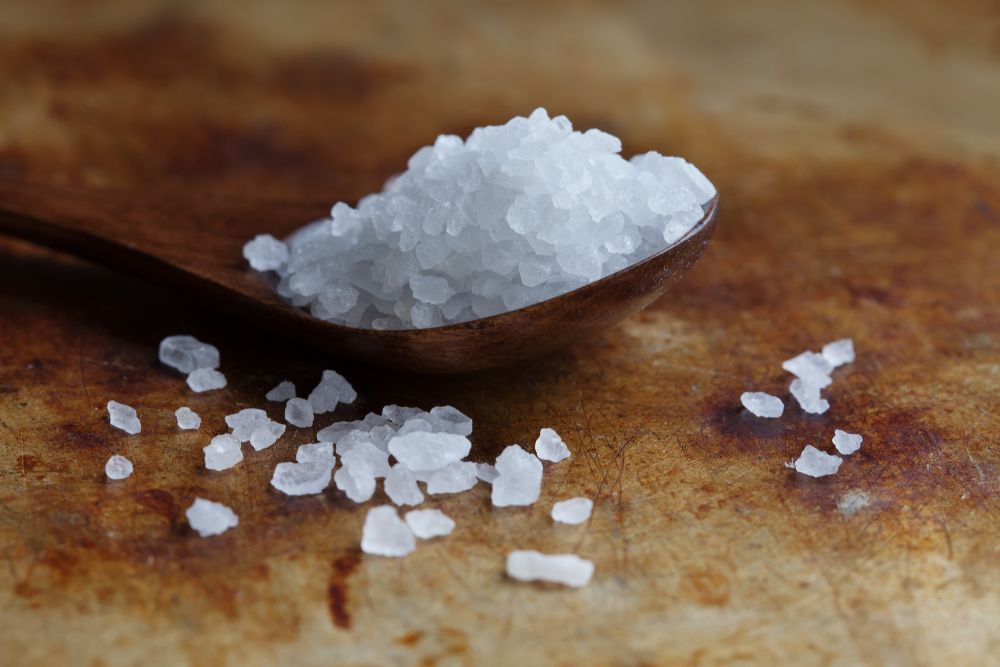The Complete Guide to Sugar Cane Sugar
What is Cane Sugar?
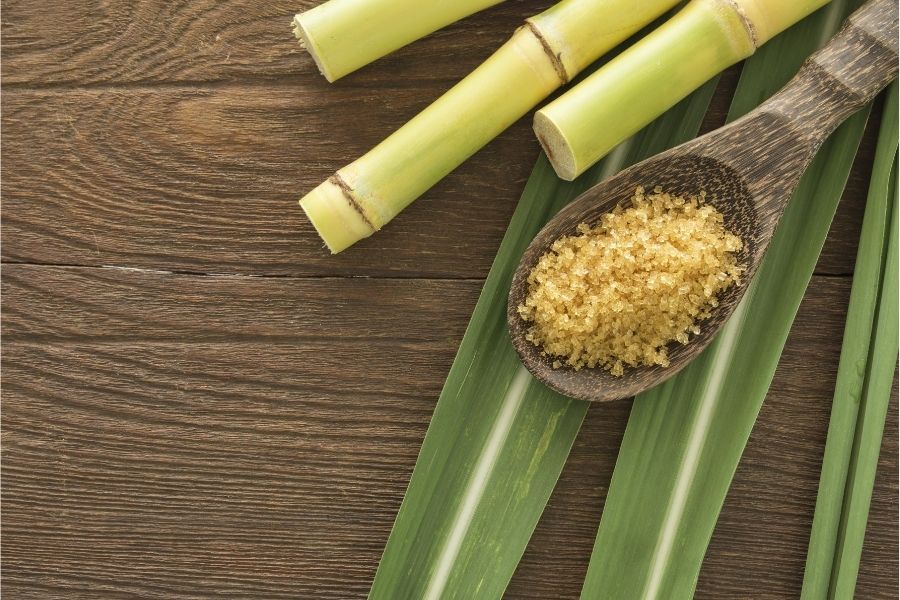
Sugar cane sugar can be refined, unrefined, or raw. When you hear the phrase “sugar cane” or “cane sugar,” there may be a delineation being made between sugars from canes versus those from beets. Sugar cane accounts for a large majority of the world’s sugar and is a type of sugar made exclusively from sugar cane, as opposed to sugar made from sugar beets, or a combination of cane and beet sources.
While both beet and cane sugars are pure sucrose and are chemically identical once refined, there remains a distinction between the two sugar types. Unlike sugar from sugar beets, cane sugar is non-GMO. With consumers increasingly choosing to purchase non-GMO products, using cane sugar in production can be an attractive choice for manufacturers. According to a report from BusinessWire, a Berkshire Hathaway company, the global non-GMO food market “exhibited strong growth during 2015-2020.” Looking forward, the market is expected to grow at a rate of “15.7% during 2021-2026.”
Cane sugar is also generally darker and must be physically whitened to achieve its bright hue. This process involves a filtration through charcoal. Typically, sugar cane contains anywhere from 0 to 14 percent molasses, and its final color after production can range from white, to brown, to somewhere in between.
From sugar cane sugar’s growth, to production, to industry use, read on for a comprehensive guide to this sugar type from the experts at Indiana Sugars.
Where Does Sugar Cane Grow?
Sugar cane grows best in tropical and subtropical areas around the globe. Brazil produces 40% of the world’s sugar cane sugar, with India following right behind it. But countries like Laos, China, and Myanmar rely heavily on the export of sugar cane, as well.
At home in the United States, sugar cane is commercially grown in states like Florida, Hawaii, Louisiana, and Texas, where farmland falls within the USDA plant hardiness zones 9 and 10, and soil is rich in nitrogen.
How is Sugar Cane Sugar Made?
The “sugar cane” umbrella includes many sugar subtypes, but all sugars in the sugar cane family share the same origin: a plant tall, perennial, fibrous, bamboo-like grass that grows in tropical and subtropical areas across the globe. The sugar cane plant has another popular use, too: it’s used in the production of the biofuel, ethanol.
Sugar cane is made by chopping the sugar cane stalks, extracting the juice, boiling the juice into a dark syrupy molasses-esque liquid, and then crystallizing the syrup. The processing of sugar cane occurs in two stages. First, sucrose is extracted from sugarcane in milling favorites. Then, the “mill-white” sugar is refined into the sugar products consumers know and love, from brown sugar, to granulated white table sugar, to the finest confectioners’ sugar.
How is Sugar Cane Sugar Used?
Sugar cane sugar is widely used in the culinary and food production industries as an ingredient in a variety of drinks and desserts. From frostings and jams to cakes and cookies, to delicate dustings and crumble garnishes, cane sugar is ubiquitous. It’s easy to work with as an ingredient because of its solubility in water, and its ability to melt under heat.
Because sugar cane sugar doesn’t spoil, it has a virtually indefinite shelf life. Certain cane sugars, such as unrefined sugars and brown sugars, have a high proportion of molasses. These run the risk of drying out and becoming clumpy if they are not properly stored in airtight containers.
Sugar cane sugar, which is fermented to produce ethanol, is a popular ingredient in a variety of alcoholic beverages. Rum, for example, is made using sugar cane. Caribbean rum, for example, is made the molasses by-product of refined sugar cane.
What are the Different Types of Sugar Cane Sugar?
There are three category types of sugar cane sugar. These are refined, unrefined, and raw sugar. The main distinction between the three relates to the sugar’s molasses content.
Unrefined Sugar Cane Sugar
Unrefined sugar cane sugar, the darkest of all types, is typically comprised of anywhere from 8 to 14 percent molasses. The “unrefined” sugar groups include products like muscovado and piloncillo sugar.
Indiana Sugars carries the finest bulk molasses, which is the concentrated, clarified extract of sugar cane. It is the end product of sugar refining. Molasses is commonly used for table syrups, gingerbread, yeast bread, and baked beans.
Raw Sugar Cane Sugar
Raw sugar cane sugar is next, with generally between 2 to 3 percent molasses. Common raw sugars include products like turbinado sugar and evaporated cane juice.
At Indiana Sugars, we carry the highest quality turbinado raw sugar cane sugar. Turbinado sugar is a semi-refined, off-color sugar. Due to its large crystals, Turbinado is often used to sprinkle over hot cereals, baked goods, desserts, and other products where the sugar needs to hold up well to heat. Turbinado sugar is ideal for vegan and vegetarian lifestyles and is allergen-free for sensitive diets. It’s low-calorie, fat and sodium-free, and has a nice, rich aroma.
Refined Sugar Cane Sugar
Lastly, refined sugar cane sugar contains almost no molasses at all. This group includes such consumer favorites as granulated table sugar, confectioners’ sugar, and powdered sugar.
From granulated sugar, to confectioners and powdered sugar, to organic sugar, liquid sugar, and sanding and colored sugar, Indiana Sugars carries a wide variety of refined sugar cane sugars. One of our most highly refined types of sugar is our Con AA and Con A sugars. Con AA and Con A sugars are extremely pure, extra-large grain sugars. They both have very low ash, color, turbidity, and metallic ion content and they are exceptionally pure, at nearly 100% sucrose.
This type of sugar is commonly used in the food industry for boiled syrups and icings, sparkly pastry toppings, shiny and brilliant or bright white candies, cordials and liqueurs, and cotton candy.
Why Choose Indiana Sugars for Bulk Sugar?
Indiana Sugars is a multi-generational, family-operated business with over 90 years of experience. For decades, we have provided excellence in the manufacturing and distribution of a variety of sugar, sweetener, and related products – and we continue to provide excellence today.
At Indiana Sugars, above all, we strive to always meet our customers’ needs and exceed their expectations, both immediate and long-term. Our timely shipments allow for limited downtime and maximized operation.
Contact Indiana Sugars today by giving us a call at (630) 739-9151. You’ll always talk to a human, and we’ll always do our best to make your experience as sweet as possible!

